Cash for Keys Letter Template and Guide
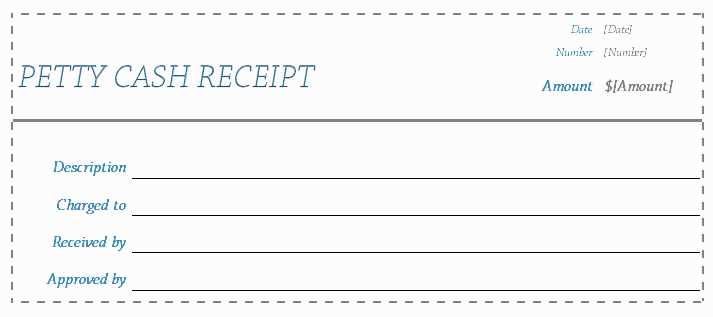
When it comes to securing the smooth transfer of a property from tenant to landlord, many individuals choose to offer a financial incentive. This process often involves a formal agreement, outlining the terms and conditions for vacating a property in exchange for compensation. The arrangement ensures both parties can reach a mutual understanding, simplifying what could otherwise be a complicated legal matter.
Drafting the Agreement
To create a successful agreement, it is important to clearly outline the terms. This should include the amount of money offered, the deadline for vacating, and any specific conditions the tenant must meet before leaving. The document should also ensure that the tenant understands they are required to leave the premises in good condition and return any property keys or access devices.
Key Elements of the Document
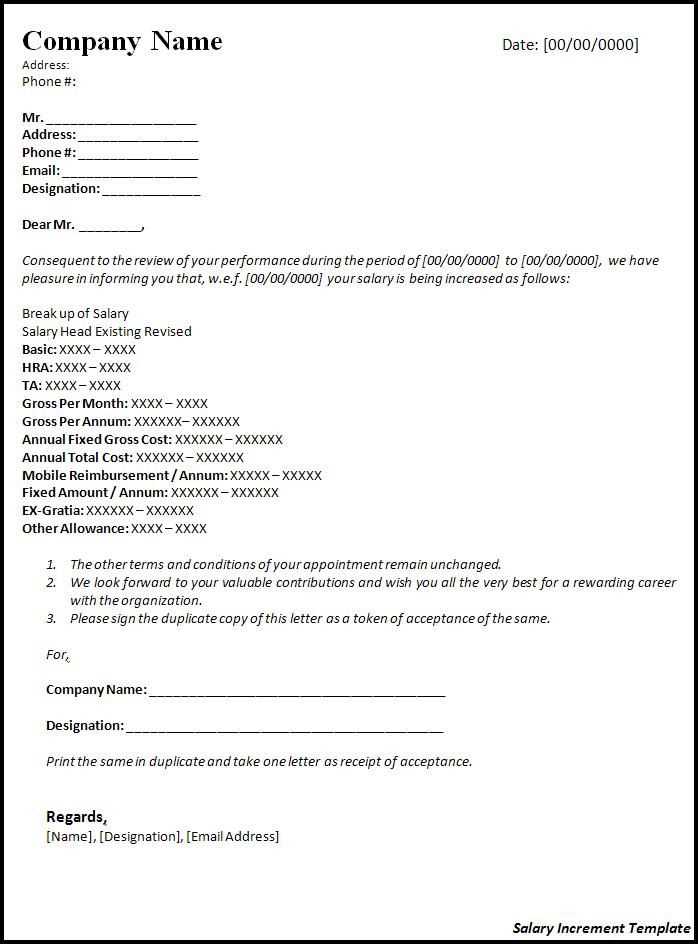
- Compensation Details: Specify the amount the tenant will receive and the method of payment.
- Vacancy Date: Clearly state the date by which the tenant must vacate the property.
- Property Condition: Mention any conditions regarding the state of the property upon departure.
- Agreement Signatures: Both parties must sign the agreement to make it legally binding.
Legal Implications and Considerations
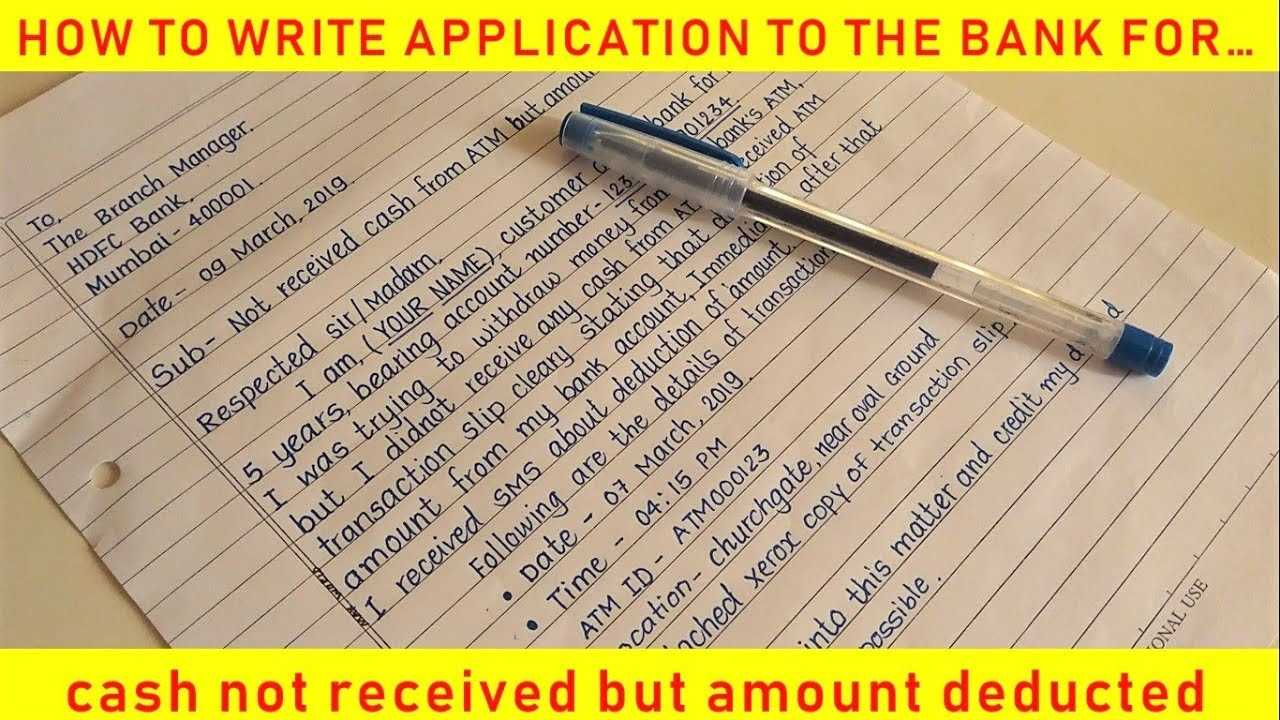
It is crucial that both parties are aware of the legal consequences of the agreement. While offering compensation in exchange for leaving is perfectly legal in many jurisdictions, it is still important to ensure that all stipulations align with local rental laws. Both the landlord and tenant should seek advice from legal professionals to ensure that the document complies with all relevant regulations and is enforceable in court.
Advantages of Financial Incentives for Property Transfers
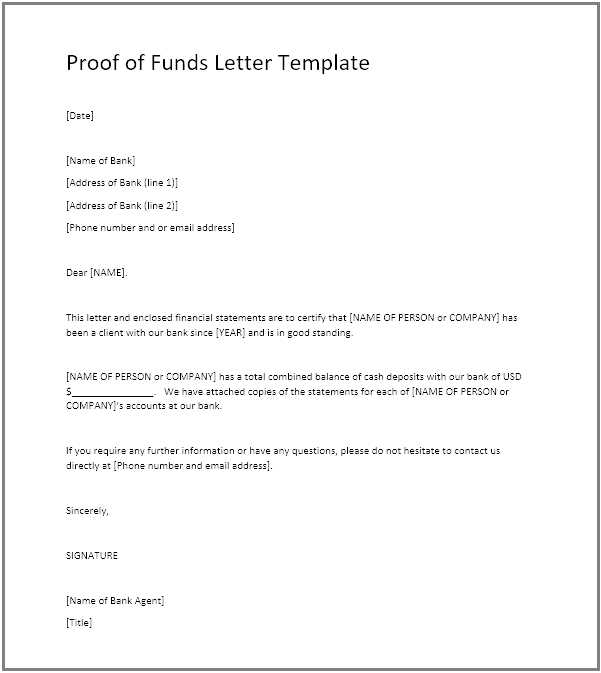
This approach offers several benefits for both parties involved. For tenants, the financial incentive can provide a smoother transition and reduce the stress of relocation. For landlords, it can expedite the process of regaining possession of their property, avoiding the lengthy and often expensive process of eviction. In many cases, this mutually beneficial solution avoids the need for court intervention.
When to Use This Strategy
Using financial incentives to facilitate a property handover can be particularly useful when the tenant is reluctant to leave, or when eviction proceedings are likely to take an extended period. This strategy is often used in situations where the landlord needs the property vacated quickly and without the complications of a formal eviction process.
Understanding Property Handover Agreements
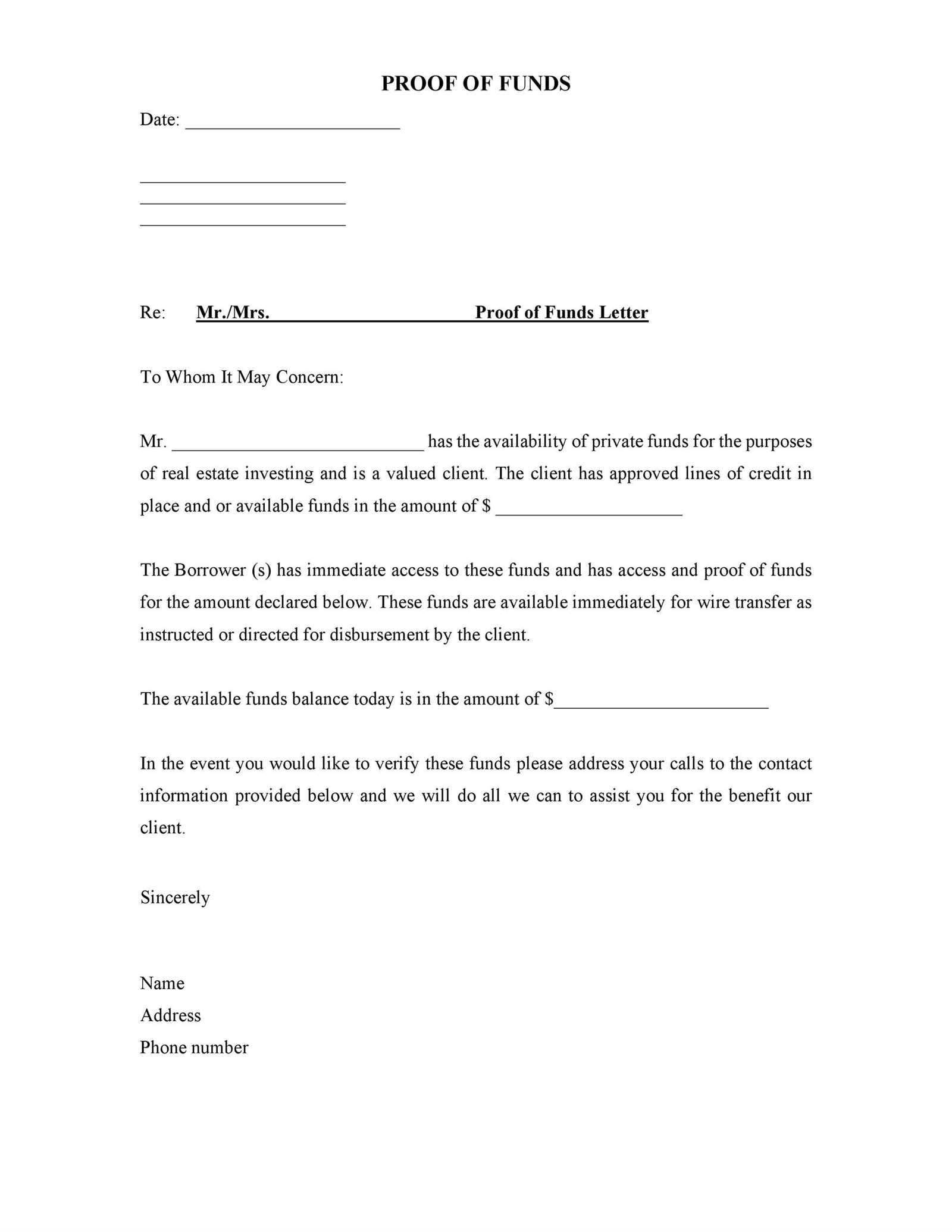
Property owners and tenants often seek a mutual agreement when it becomes necessary for a tenant to vacate a rental property. This arrangement typically involves a monetary offer to incentivize the tenant’s cooperation, ensuring a smooth and timely departure. The process can help avoid lengthy eviction proceedings and ensure both parties reach a mutually beneficial conclusion.
Writing an agreement of this nature requires clarity and precision. The document must outline the agreed-upon compensation, the date by which the tenant must leave, and the condition of the property upon their departure. It is important to specify any expectations related to cleaning, repairs, or returning keys and access devices. The language used should be direct to prevent any misunderstandings.
The primary benefit of such arrangements is that they offer a fast and efficient solution for both the landlord and the tenant. Landlords can regain possession of their property quickly without the hassle of formal eviction, while tenants receive financial assistance that can help ease their relocation process. It is a win-win scenario, benefiting both sides.
However, there are legal considerations to keep in mind. It is essential for both parties to ensure the terms of the arrangement comply with local laws and rental agreements. A legally binding contract is necessary to prevent disputes or confusion later. Tenants should understand their rights, and landlords should avoid offering incentives that could violate tenant protection laws.
There are common mistakes to watch out for when drafting these types of agreements. For instance, failing to specify the exact condition of the property upon vacating or leaving out essential details such as the timeline for vacating can lead to disputes. Additionally, failing to secure proper signatures or legal advice can render the agreement ineffective.
This approach is best utilized in situations where a tenant is unwilling to leave or when a landlord needs to quickly regain possession of the property. It provides a straightforward solution, bypassing the complexities and time-consuming nature of a formal eviction process. However, it should be used carefully, ensuring all parties involved fully understand the terms and conditions set forth in the agreement.